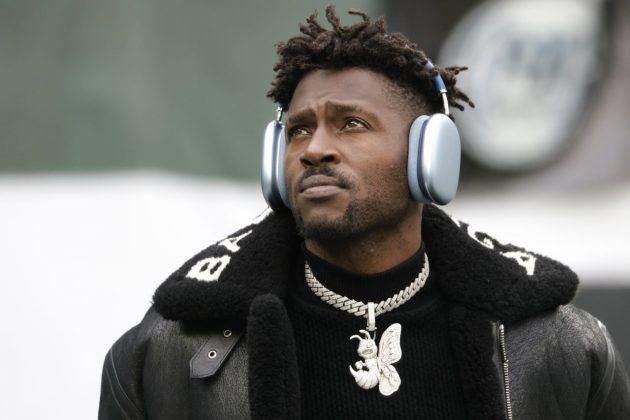
On the heels of Antonio Brown’s unusual departure from last Sunday’s Buccaneers-Jets game, Brown’s attorney, Sean Burstyn, reportedly told ESPN’s Michele Steele that his client “will take legal action against the responsible individuals.” One hurdle for Brown is that, as an NFL player, he is governed by collectively bargained procedures that make it difficult to sue.
Judges normally dismiss lawsuits brought by union members when the employee failed to seek recovery through collectively bargained policies. This is mainly due to the Labor Management Relations Act, a federal law that governs the relationship between the NFL and the NFLPA. It compels NFL players to first resolve disputes through grievance procedures negotiated by the league and the union. For instance, in 2013, Jonathan Vilma’s slander lawsuit against Roger Goodell over Bountygate was dismissed on grounds the claims were preempted by the act.
More from Sportico.com
If Brown believes he was wrongly released by the Buccaneers because of an ankle injury, Paragraph 13 of the NFL Player Contract, as contained in Appendix A of the CBA, would likely apply. Under it, if a player believes he was cut while “physically unable to perform the services required of him,” he can hire a physician to examine him. He and the NFLPA can then pursue a grievance that would be heard by an arbitrator. The arbitrator’s ruling would be final. Although decisions by arbitrators can be challenged in court, judges are obligated under the Federal Arbitration Act to review those decisions with high deference.
To the extent Brown plans to sue Buccaneers coach Bruce Arians—who told journalists that Brown “refused to go into the game”—for slander or intentional infliction of emotional distress, Brown would face the same basic constraints. Defamation claims arising from a disciplinary action governed by a CBA are usually preempted. Brown and the NFLPA could pursue a grievance for a non-injury contract dispute under Article 43 of the CBA, but it would be heard in a private, out-of-court proceeding before an arbitrator. This underscores an important difference between Brown suing and former Raiders coach Jon Gruden suing: Brown is governed by a union-management agreement whereas Gruden is not.
If Brown pursues a grievance or attempts to convince a court to hear a case, he would also be vulnerable to a bevy of defenses and, potentially, counterclaims. For instance, players can run afoul of the CBA by committing “forfeitable breach,” which includes willfully refusing to play. Meanwhile, Paragraph 2 of the standard contract mandates “best efforts and loyalty” of players and that they conduct themselves “with appropriate recognition of the fact that the success of professional football depends largely on public respect for and approval of those associated with the game.” Players are also contractually required to follow team rules and regulations.
In short, Brown can take “legal action” to remedy what he perceives as damage to his career, but that action must adhere to the terms and conditions his union negotiated and would be subject to the vulnerabilities they present.
Best of Sportico.com
